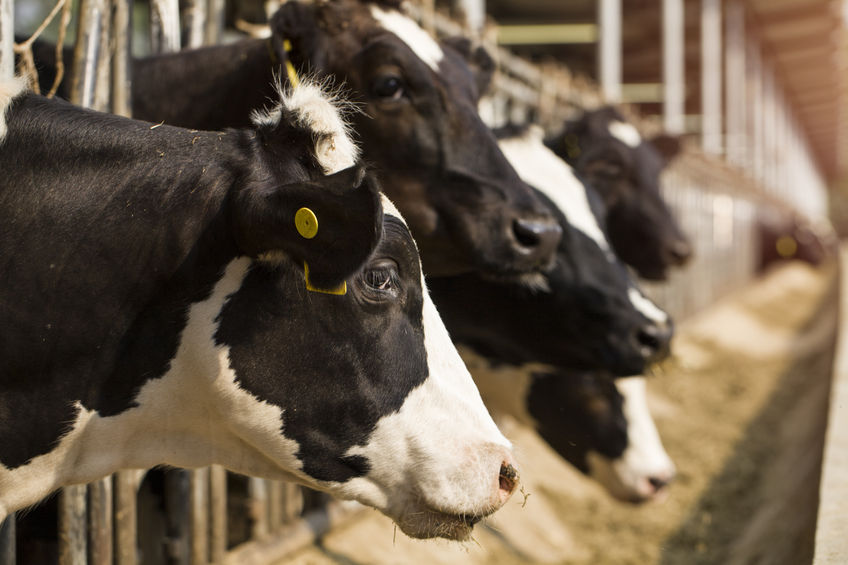
Farmers are becoming increasingly concerned about the recent cold weather which in turn has put a pressure on fodder supplies.
Farmers across the country have experienced one of the wettest winters following persistent rainfall which has made conditions difficult.
A period of low temperatures have also been a contributory factor to slow growing conditions for grass.
The cold winter followed by a late spring has resulted in lower than average grass covers across many farms.
Pressure is now building on farmers whether they have enough fodder to feed their livestock.
Ulster Farmers' Union President Barclay Bell said soil has been at saturation point and as a result there were "real difficulties" in doing field work.
"This prolonged period of wet weather has put major feeding pressure on farmers. Many have had cattle housed since August and struggled to get silage cut in the autumn of 2017," he said.
Many farmers are now having to buy more meal to supplement their silage stocks to feed their animals.
Mr Bell said: “It has been a difficult spring. Cows are calving and sheep are lambing and farmers are unable to put their animals out to grass, because there is no grass.”
The cold weather has also impacted on the growth of winter crops. This, in turn, has meant a delay in the planting of spring crops.
'Financial boost'
Farmers in Scotland are struggling with the high price of fodder coming off of a poor harvest. They also face higher than normal fallen stock rates during the prolonged winter weather.
With the majority of Less Favoured Areas Support Scheme (LFASS) loan payments set to reach applicants by Friday (6 April), NFU Scotland is urging all those who received letters to apply for their 90% LFASS loan sooner rather later.
NFU Scotland LFA Chairman Robert MacDonald said the Scottish Government’s release of LFASS loan payments has come at a time when many of those who are set to receive the payment are most "in need of a financial boost".
He said farmers “remain entrenched in a very long, very challenging and very costly winter and are still to see the signs of spring which is desperately needed.”
“LFASS is always a very significant element of support for farmers and crofters in Scotland’s more disadvantaged areas and this year its importance has been underlined by the lack of fodder and additional feed costs being felt by so many,” Mr MacDonal added.
“Without the timely payment of the LFASS loan, many farmers and crofters throughout Scotland could find themselves in an even more desperate situation in a few weeks’ time.”
The Republic of Ireland has announced it will import fodder as an emergency measure while the persistent rain keeps livestock indoors.
